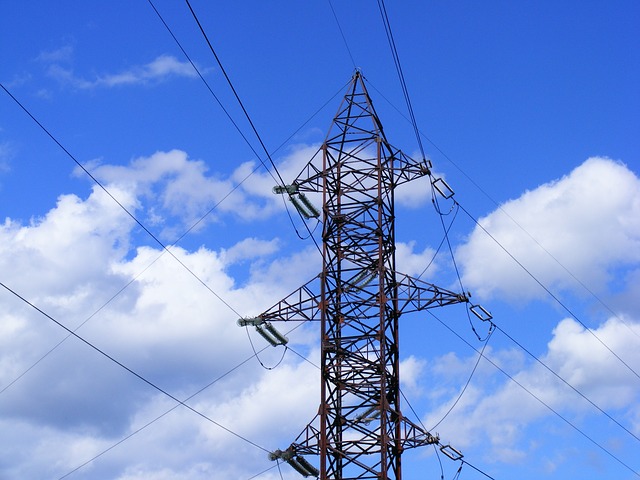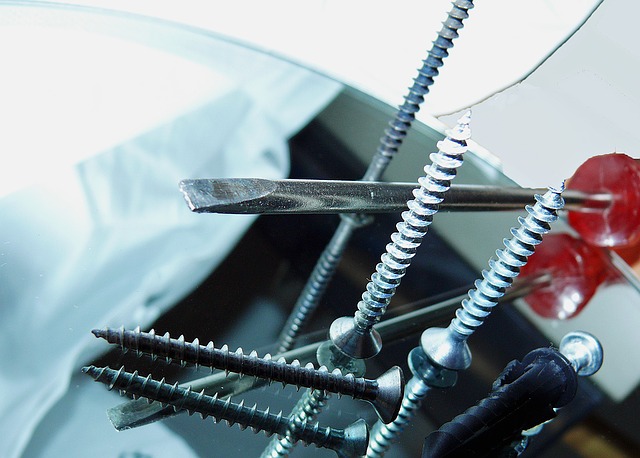You’ve been searching the web, doing endless research, trying to figure out which pool heating option is best for you. Maybe you’ve looked at reviews, or done a few comparisons, but you still can’t come to a decision. Well, take a few minutes to put all that on hold, because we’re to here to explain why a pool heat pump is your best option.
“The best? Now that’s a bold claim.”
It might be, but we have a good feeling you’ll agree after reading this post.
Here are 5 benefits of using a pool heat pump:
5 Benefits Of Using A Pool Heat Pump
1.) Energy Efficiency



Pool heats pumps are one of the most energy efficient pool heating options available. While electric resistance and gas heaters are recognized for their speed, the advantage does come at a cost — high monthly operation costs to be exact.
But pool heat pumps, on the other hand, are far more affordable. And this is because of the way that they generate heat. While electric heaters use resistors, and gas heaters burn fuel, pool heat pumps harvest natural heat.
Using a small amount of electricity, pool heat pumps power a fan and compressor that pulls in hot air, converts it to heat energy, and transfers it directly to your water. But since most of the heat is sourced from nature itself, the pull on electricity is substantially lower than that of an electric resistance heater. Which is why pool heat pumps offer such an impressive Coefficient of Performance (COP) of 6.0. This means that for every unit of energy your pool heat pump consumes, it produces 6 units in return. For a point of reference, consider the fact that neither gas or electric resistance heaters have a COP above 1.0.
So basically, pool heat pumps are insanely energy efficient and affordable to operate compared to most other options. And this is an excellent segue into one of the next benefits of using a pool heat pump.
[You can learn more about how pool heat pumps work here]
2.) Cost Effectiveness
With such a great energy efficiency rating, it’s only logical that cost effectiveness follows suite. But let’s start from the top.
The initial cost of a pool heat pump ranges anywhere from $2,000 – $4,000. Now with that said, some of you may be thinking, “Hey, I could get a gas/electric heater for cheaper than that!” And you’re right, you probably could. But you have to remember one very important factor:
Operation cost — the deal breaker.
While pool heat pumps cost a bit more up front, they make up for it ten fold with substantially lower operation costs. How low? To answer that question, let’s do a little comparing.
The monthly heating cost for a gas heater, in an average-sized backyard swimming pool, ranges from $300-$500. But if you think that’s pricey, then it might scare you to know that electric resistance heaters come closer$500-$600. And suddenly, those minor initial savings are looking A LOT less attractive.
But guess what? Pool heat pumps are WAY cheaper, ranging from as low as $50 (with a maximum of about $150 during peak use). So, if you’re looking to enjoy a warm, refreshing swims without breaking the bank, pool heat pumps are your go to heating option.
But the benefits of using a pool heat pump transcend energy efficiency and cost effectiveness — going as far as environmental impact.
3.) Eco-Friendly



In most cases, heat production calls for combustion of some kind. This is the case with gas heaters — in order for them to produce heat they must continuously burn gas. A process that unfortunately comes with some environmental consequences. The most prominent being a high rate of C02 emissions, which wreak havoc on the Ozone layer.
But, pool heat pumps? They don’t have to burn anything. With a minimal pull on electricity, pool heat pumps harvest natural heat from the air. This means two things: pool heat pumps produce zero C02 emissions, making them highly eco-friendly. So while you enjoy your pool’s soothing warm water, you’re helping preserve the environment and keeping mother nature happy. Now that’s a win-win.
Oh, and let’s not forget that a pool heat pump contributes to an eco-friendly and energy efficient swimming pool.
4.) Durability
So what’s cooler than energy efficiency, cost effectiveness, and eco-friendly operation? Durability, of course.
If you’re going to invest in a pool heating solution, you want one that’ll last. And that’s exactly what you get with pool heat pumps. In fact, they’re one of the longest-lasting pool heating solutions on the market.
How long? Well, let’s put things into perspective first.
Gas heaters, although initially cheap, aren’t known for their lifespans. On average, most gas heaters last around 5-10 years max before needing major repairs or replacement. The same goes for electric resistance heaters.
But pool heat pumps, they’re in it for the long haul. At a minimum, a quality energy efficient pool heat pump will last anywhere from 10-20 years. And with proper pool heat pump maintenance and annual service calls, that lifespan can easily extend. And oddly enough, one of the best ways to preserve your heat pump is to simply use it. When you run your pool heat pump on a consistent basis, you’re actively preventing corrosion and debris from building up.
But the benefits of using a pool heat pump don’t stop here.
5.) Repair and Assistance accessibility



In the rare event that you find yourself in need of pool heat pump repair, help is readily available. A professional pool heat pump specialist can troubleshoot and solve nearly any problem you encounter. With just a few questions and a quick inspection, they’ll know exactly what’s needed to have your heater running like new.
But if you’re an ambitious do-it-yourself type, simply order the part you need and get tinkering. And if you run into any trouble along the way, don’t panic. Instead, use a pool heater troubleshooting service to guide you through the process from start to finish. A service you typically won’t come across with any other pool heating options.
Bottom line, if you’re willing to maintain it, a pool heat pump can be one of the most rewarding investments you make for your pool.
We hope this post helped you to better understand the benefits of using a pool heat pump. And hopefully, now it’s easy to see why a pool heat pump is the best pool heating option for any pool owner.


